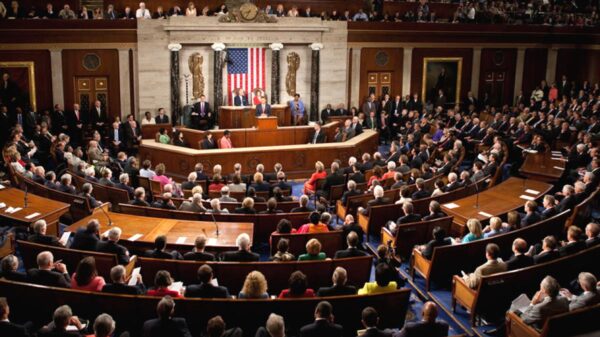United Kingdom Home Office received 22,619 asylum applications from Nigerian nationals from 2010 to 2024.
Nigerians reportedly accounted for one in 30 UK asylum claims over the period, ranking 11th on the Home Office’s newly released year-end Asylum and Resettlement statistics.
According to the Home Office, nearly twice as many Nigerians (2,841) applied for asylum in 2024 as in 2023 (1,462). Overall, 2024 saw the highest number of asylum applications to the UK, with 108,138 people, a 378 per cent rise from 2010. Most were first-time claims by South Asian and Middle Eastern nationals.
Iran topped the chart with 75,737, likely propelled by the increasing persecution of dissidents by the Iranian regime. Pakistan followed far behind with 57,621. 2024 saw 10,542 Pakistanis claiming asylum in the UK, driven by post-election turmoil, soaring inflation, and a spike in blasphemy prosecutions that human rights groups say offer substantial grounds for protection claims.
Afghanistan trailed with 54,363 asylum applications since 2010. In 2024, 8,508 Afghans sought refuge in the UK, a development that pundits argue is the continued aftermath of the Taliban ousting of the Karzai administration in 2022. That year, 11,358 Afghans sought asylum in the UK, with 9,710 applications the following year.
Others are Albania (50,944), Iraq (45,711), Eritrea (37,687), Syria (34,997) and Bangladesh (31,744). Asylum seekers from Bangladesh rose from 5,097 in 2023 to 7,225 in 2024. The surge coincided with the ousting of former Prime Minister Sheikh Hasina.
Sudan and India round out the top ten with 30,897 and 30,179, respectively.
Nigeria’s 22,619 filings sit just ahead of Sri Lanka’s 22,059 and above Vietnam, China and Turkey. Brazil, Kuwait, Yemen, Colombia, and Jordan were at the lower end of the list, each contributing fewer than 6,500 claims.
Under British law, an asylum seeker must demonstrate a “well-founded fear of persecution” on the basis of race, religion, nationality, political opinion, or membership of a particular social group, the Home Office explained on its website.
In most cases, the reports say, applicants also invoke political persecution under Nigeria’s sweeping cybercrimes legislation or discrimination tied to sexual orientation categories that fall within the Refugee Convention’s protection grounds.
The Home Office makes initial decisions, and negative rulings can be appealed to the Immigration and Asylum Chamber.
![]()





























































